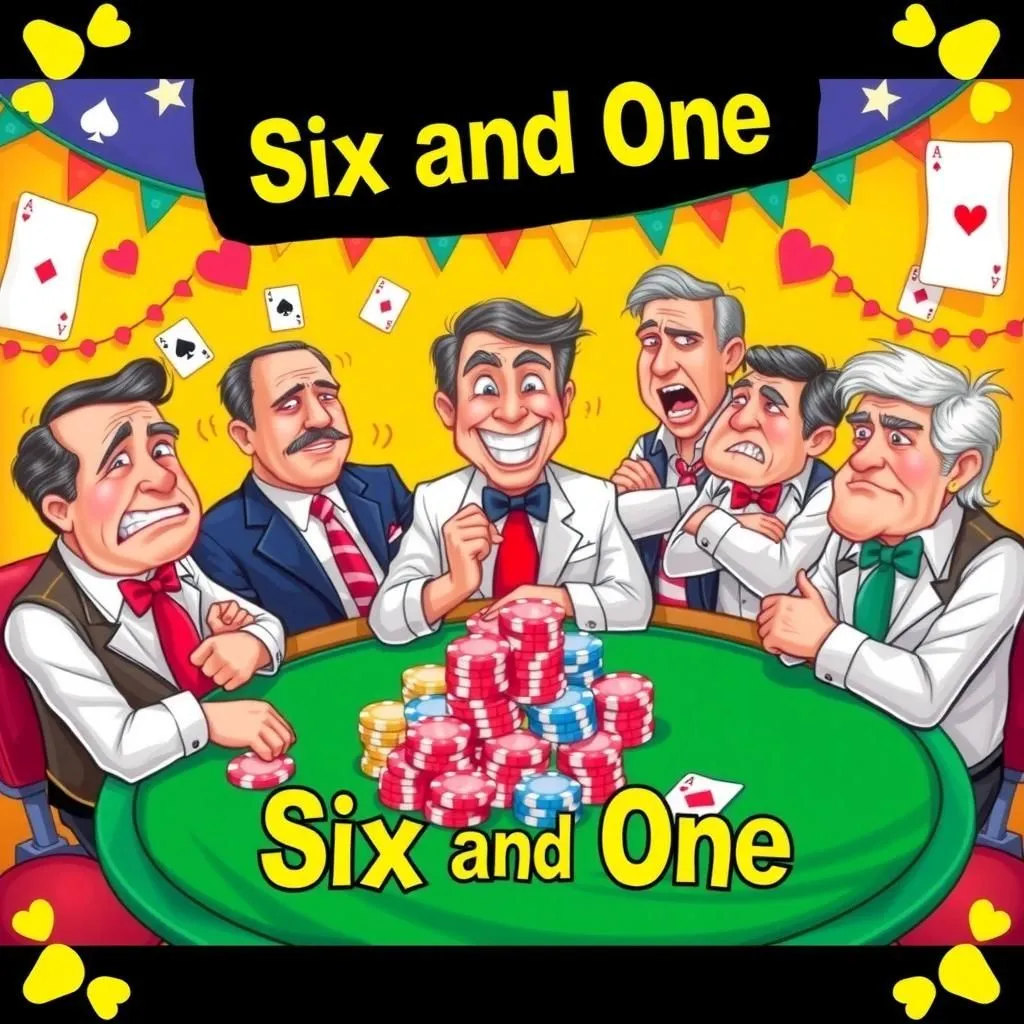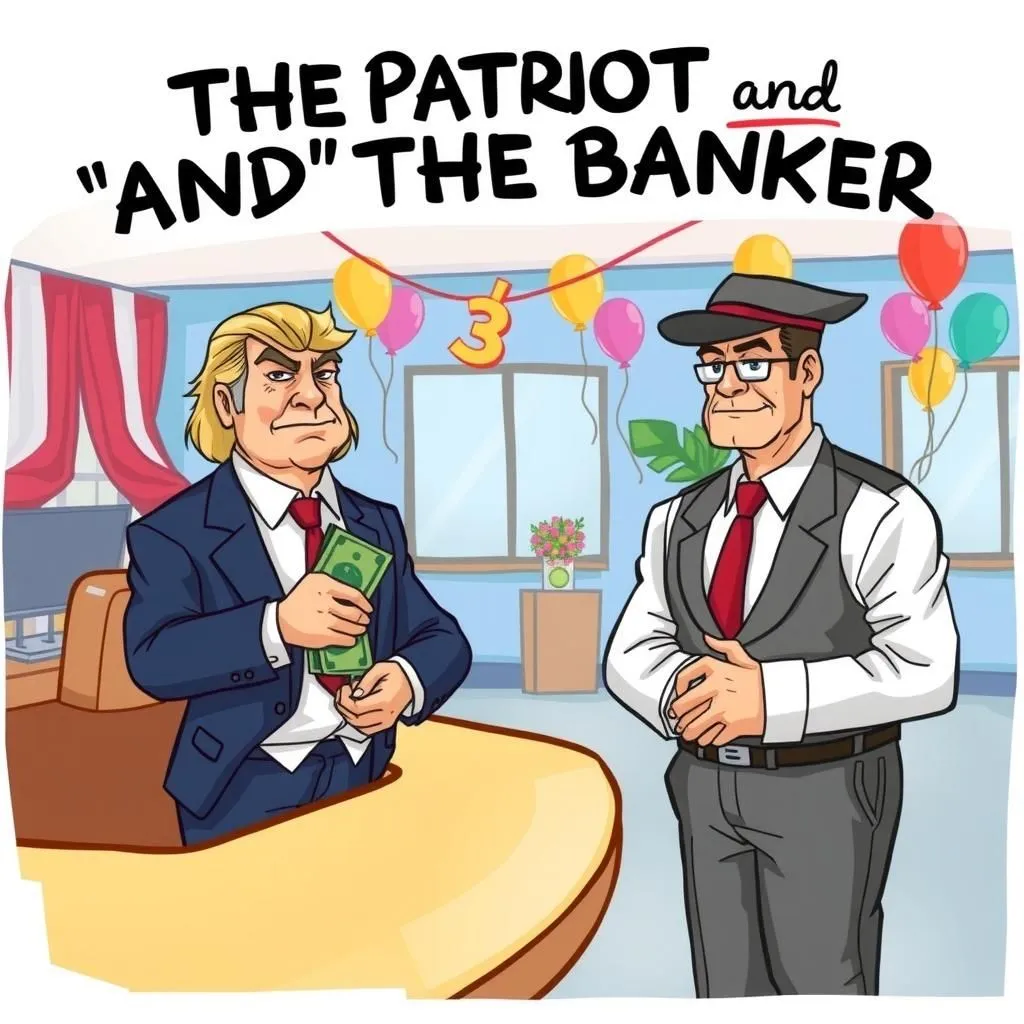
The Wooden Guns
In "The Wooden Guns," a State Militia, seeking to save costs, requests wooden guns for practice, but the Governor prioritizes efficiency and provides them with real guns instead. The soldiers express their gratitude and promise to return the weapons if war arises, highlighting themes found in famous moral stories about responsibility and trust. This tale, reminiscent of famous fables with moral lessons, serves as a cautionary reminder of the consequences of choices made in the name of efficiency over prudence.


